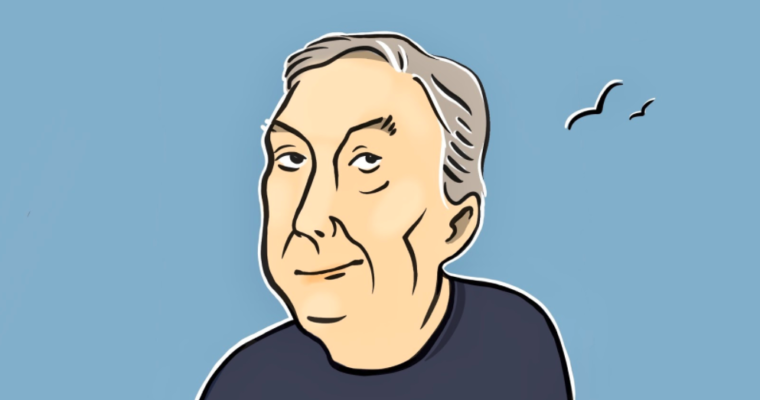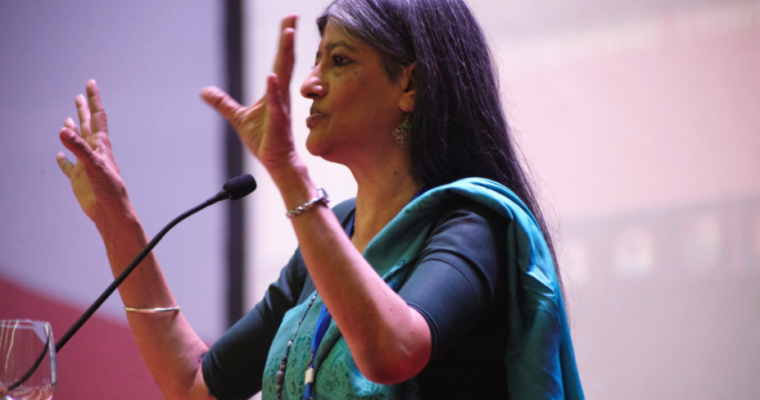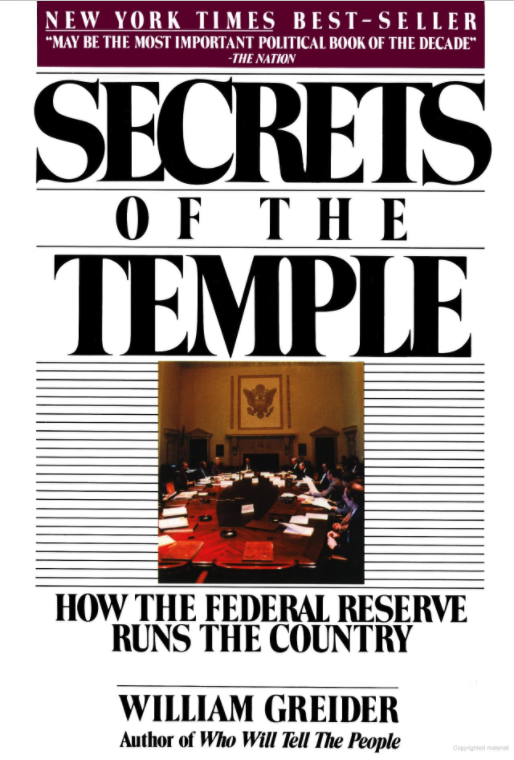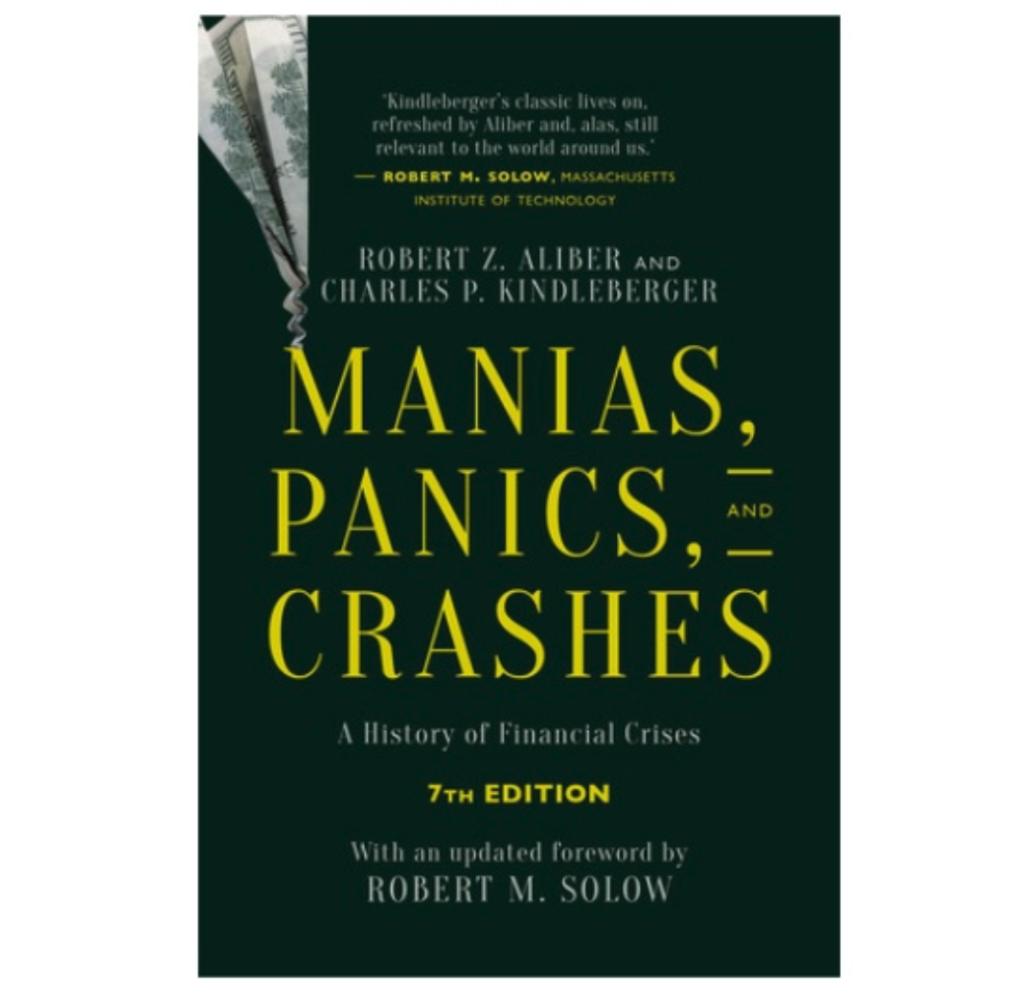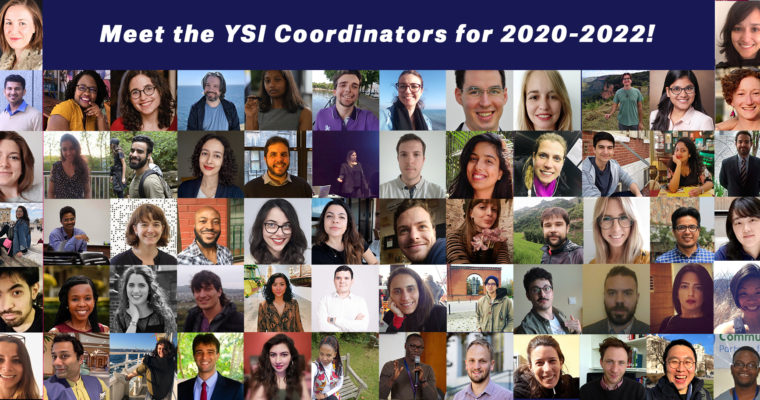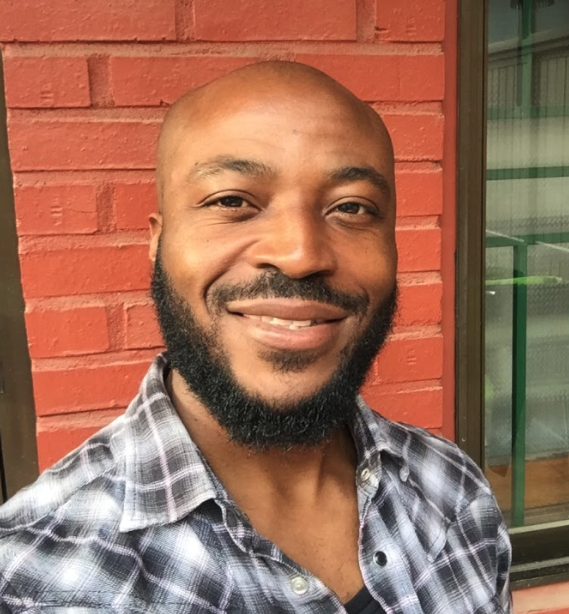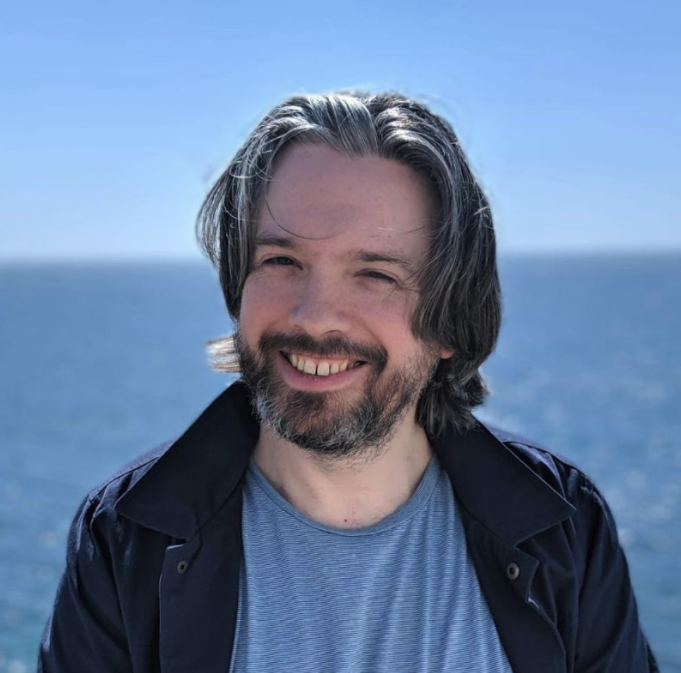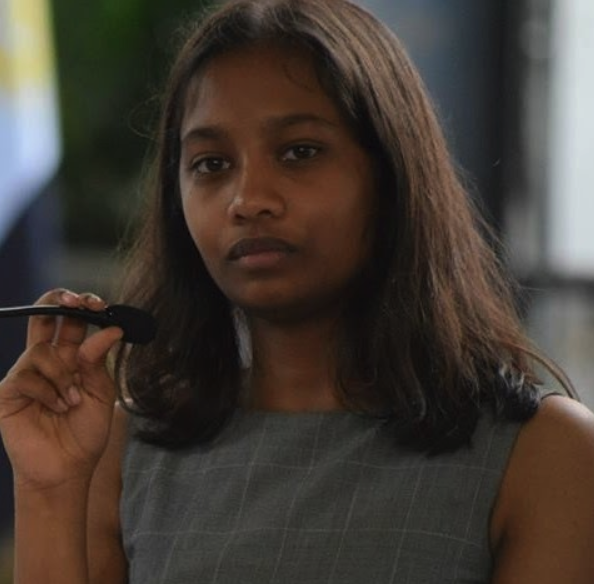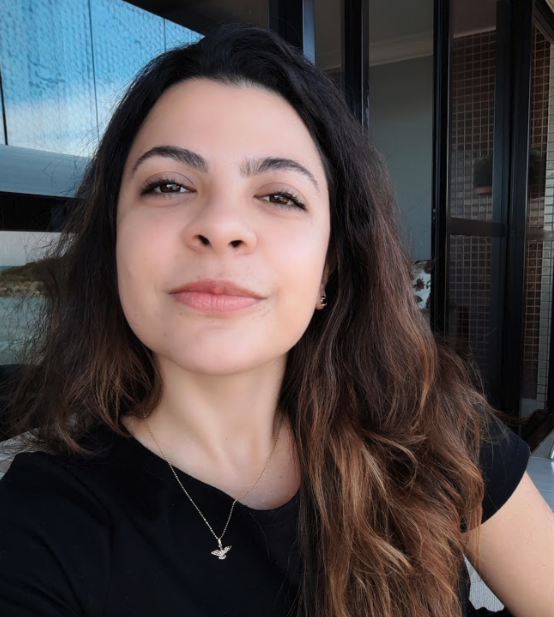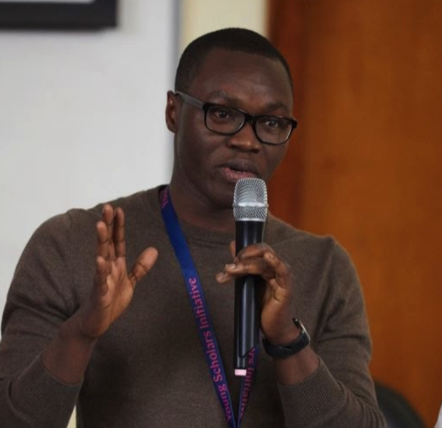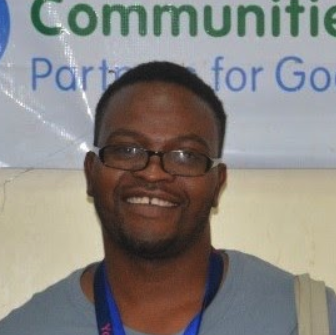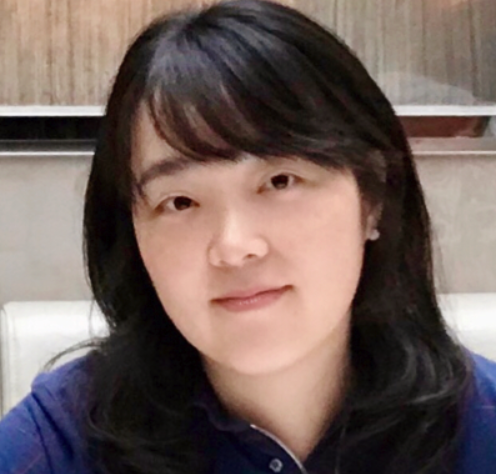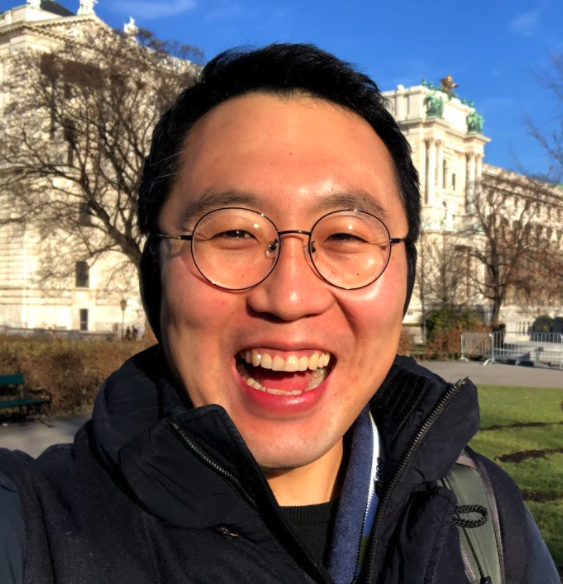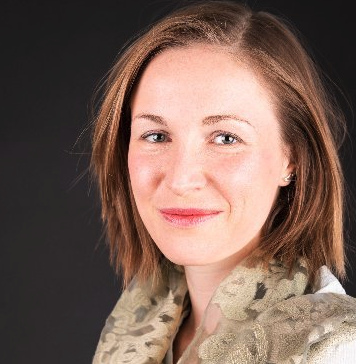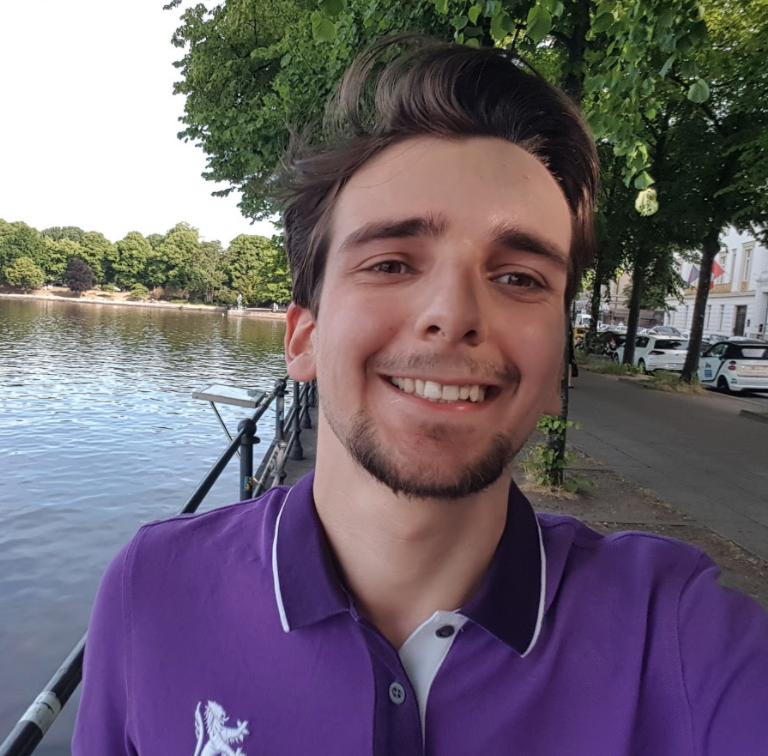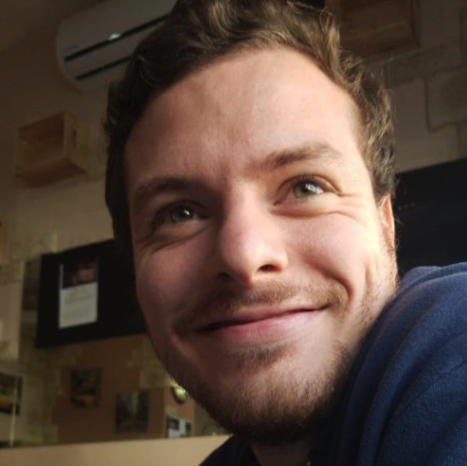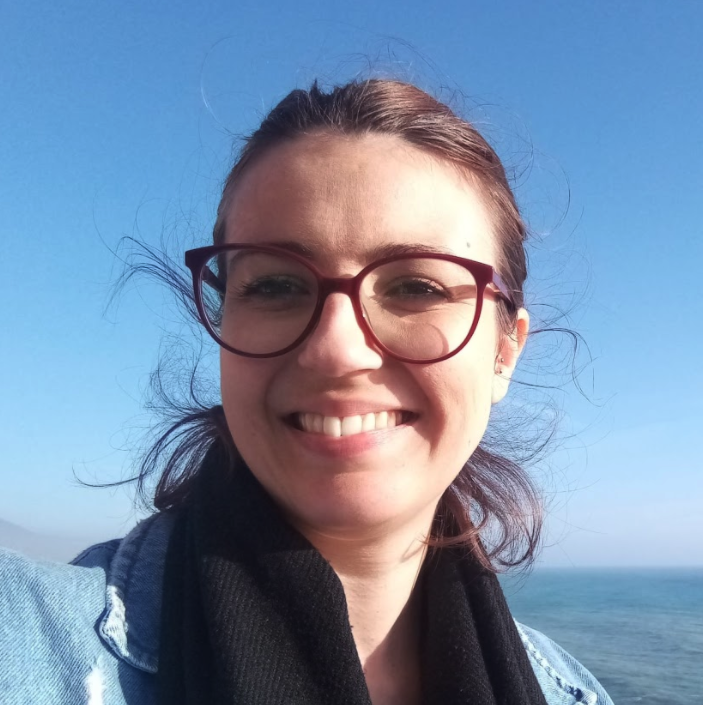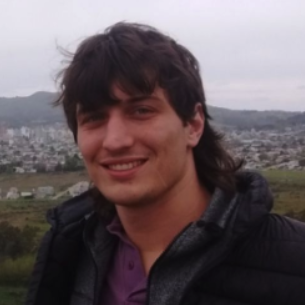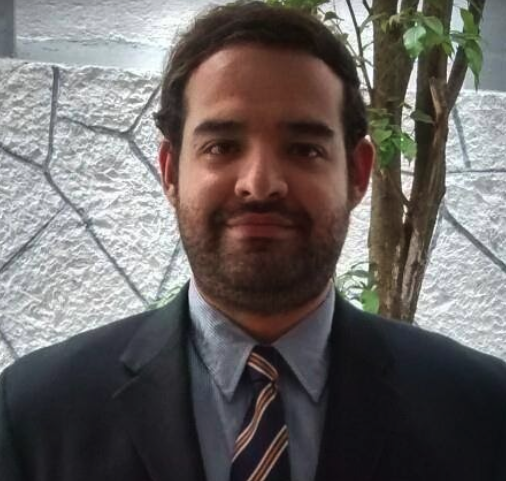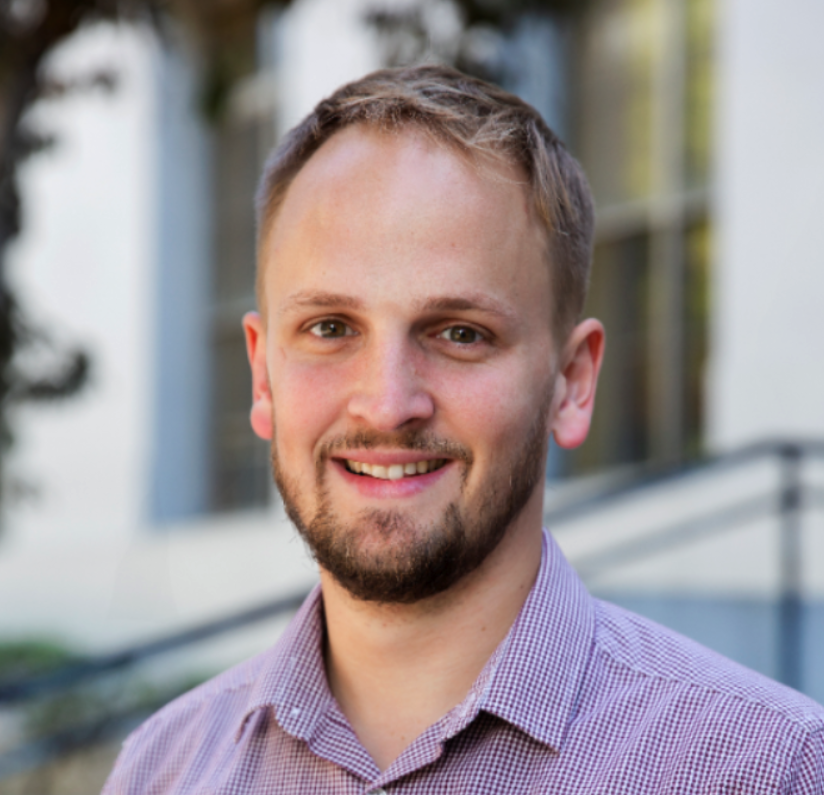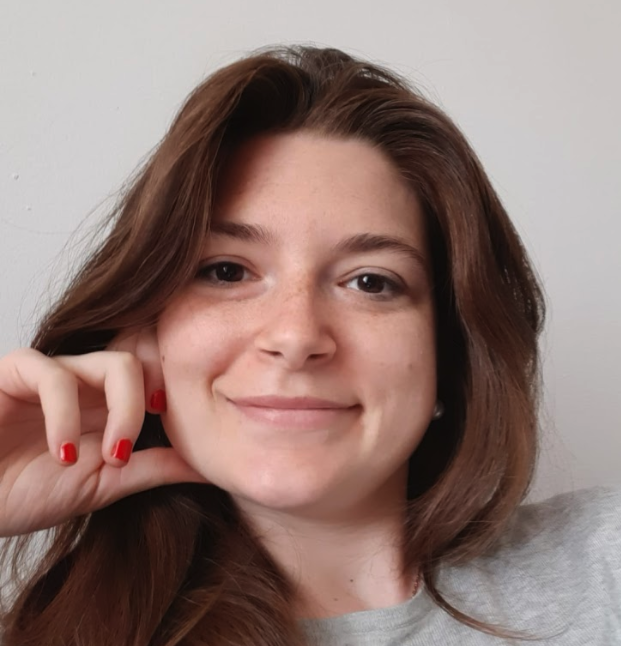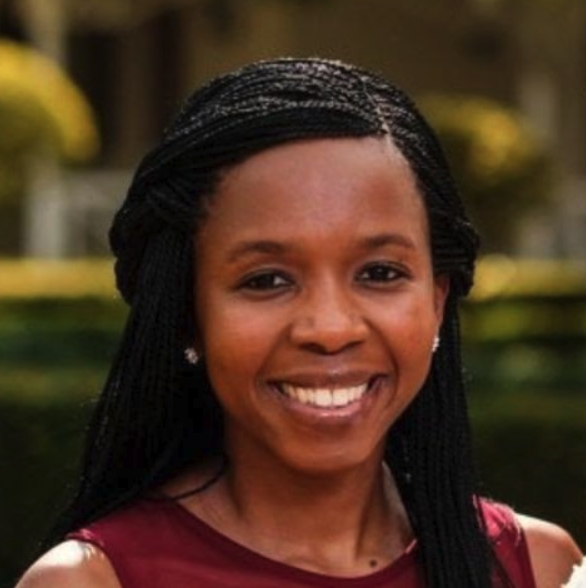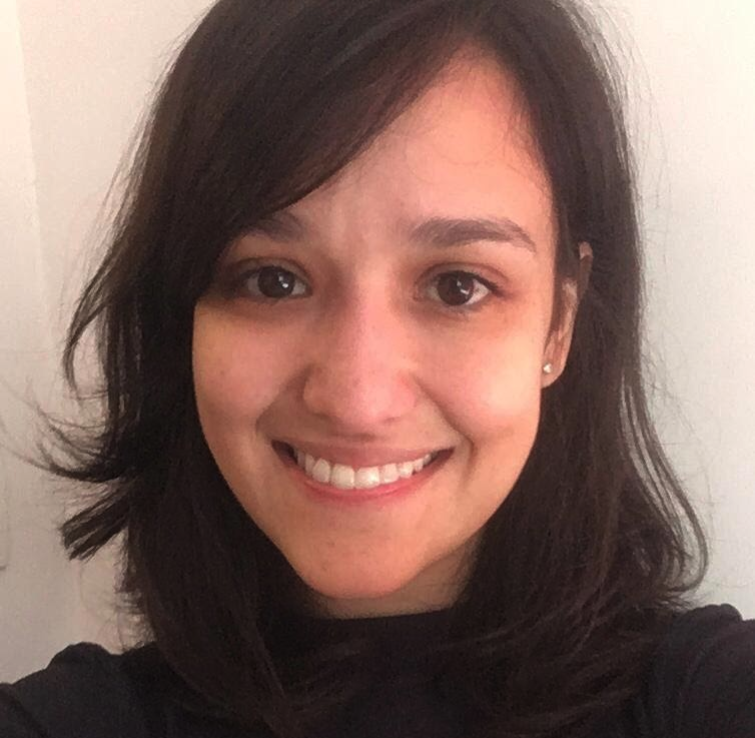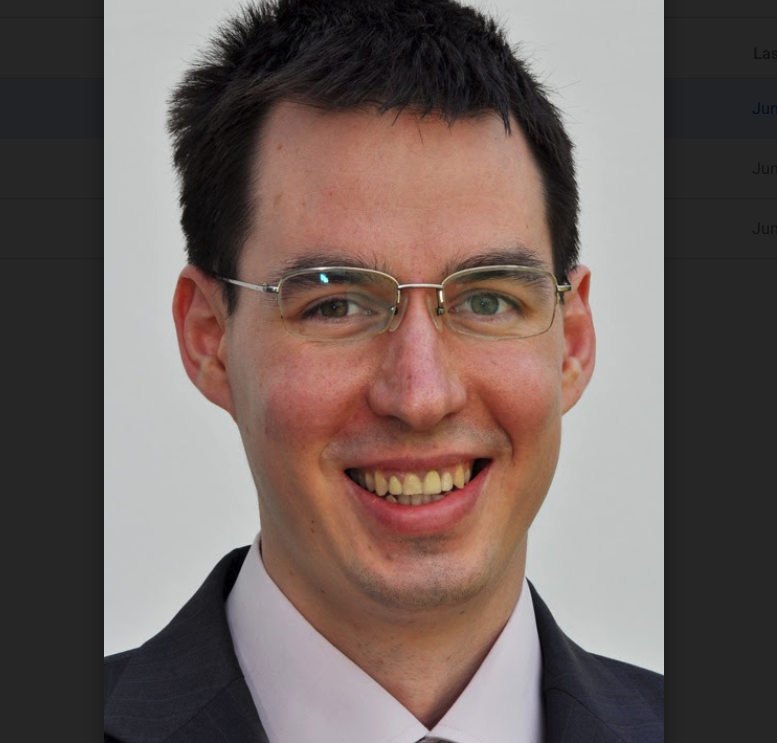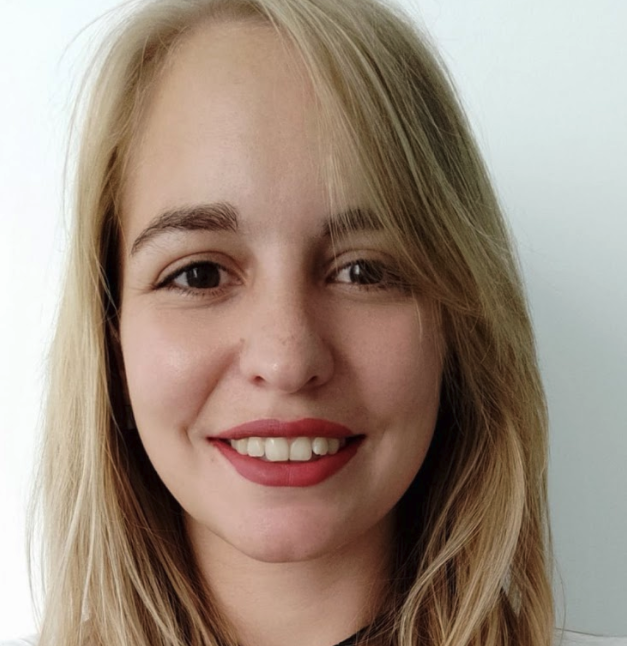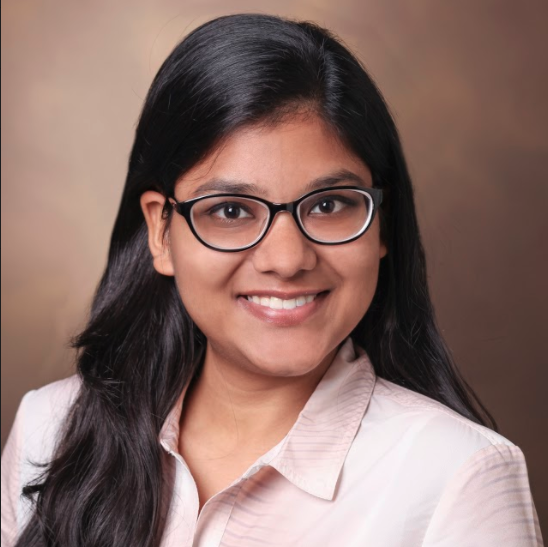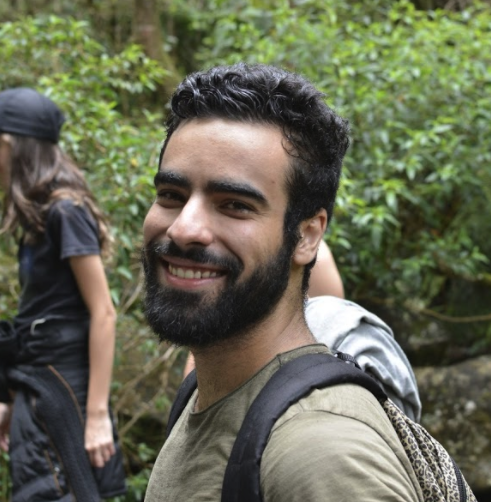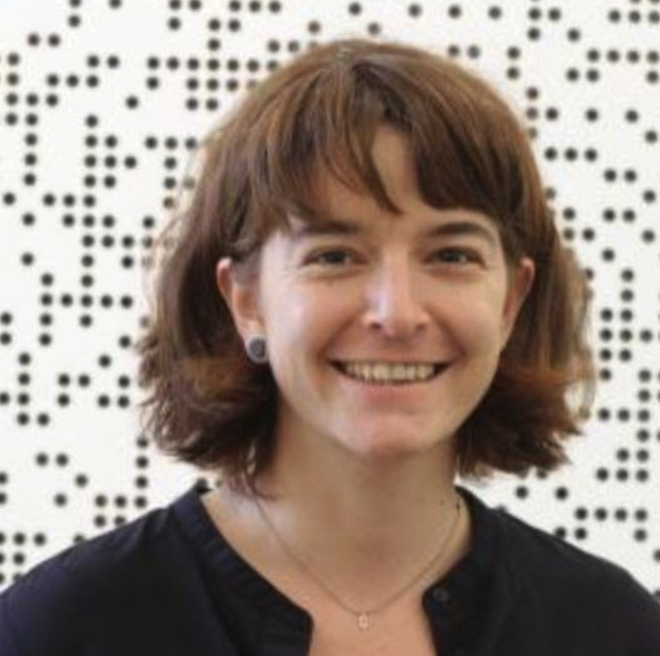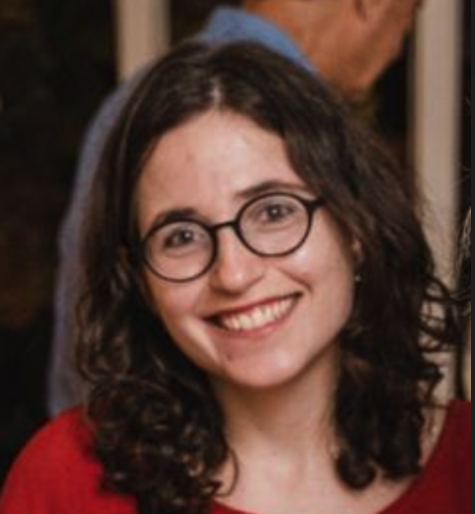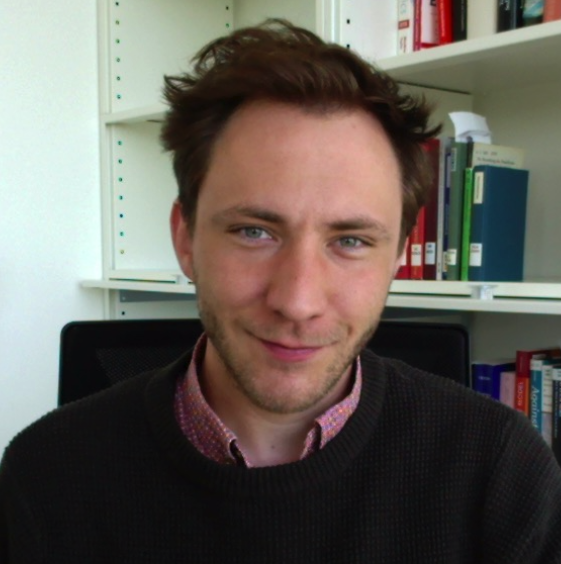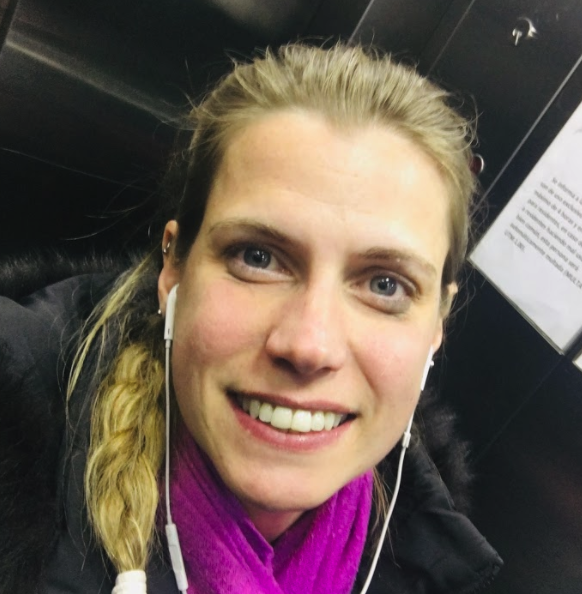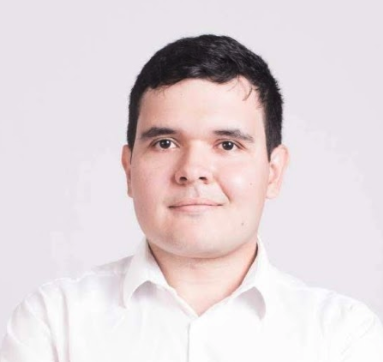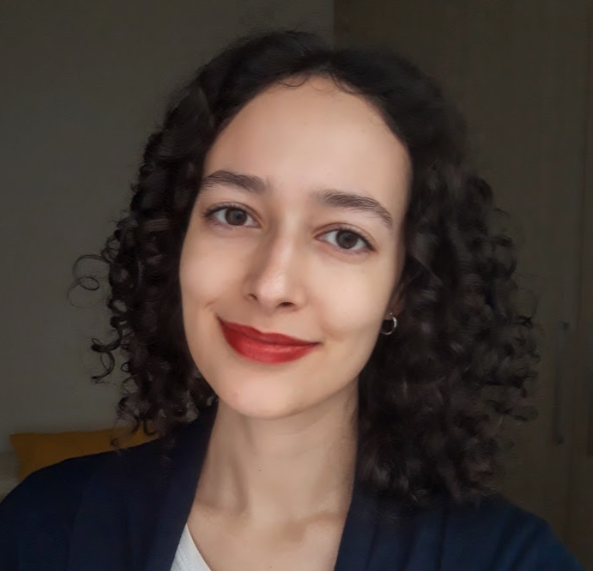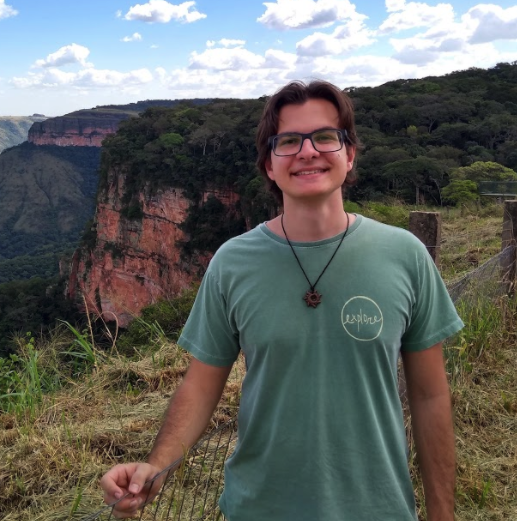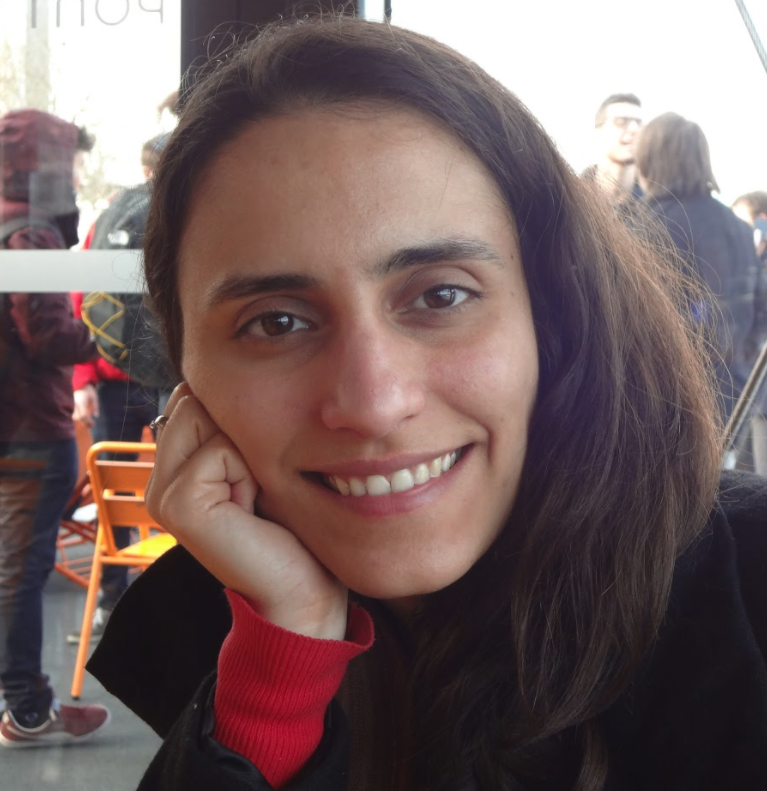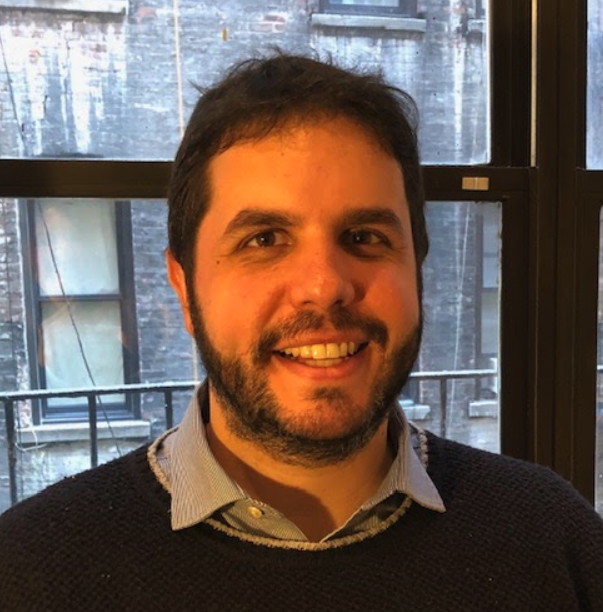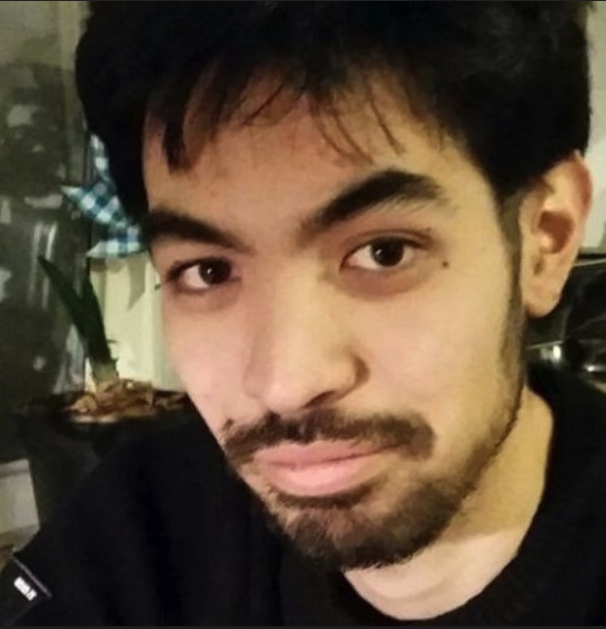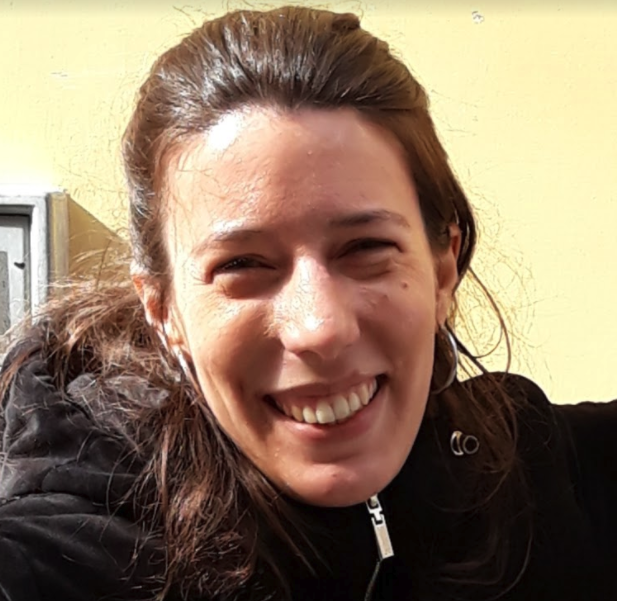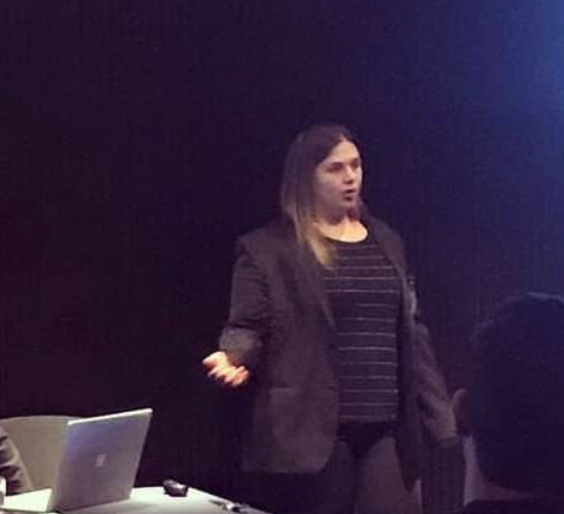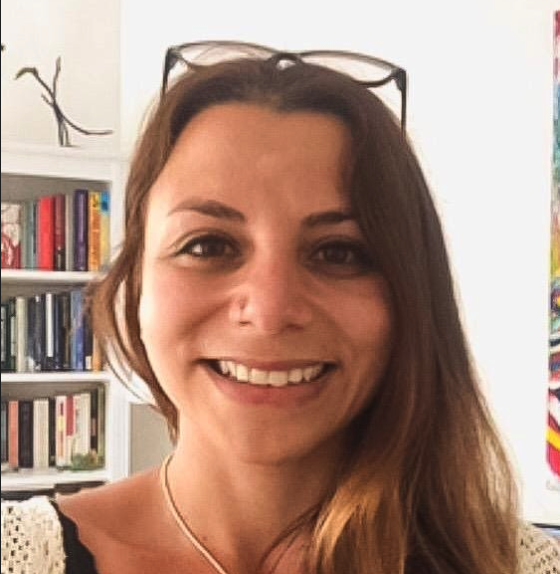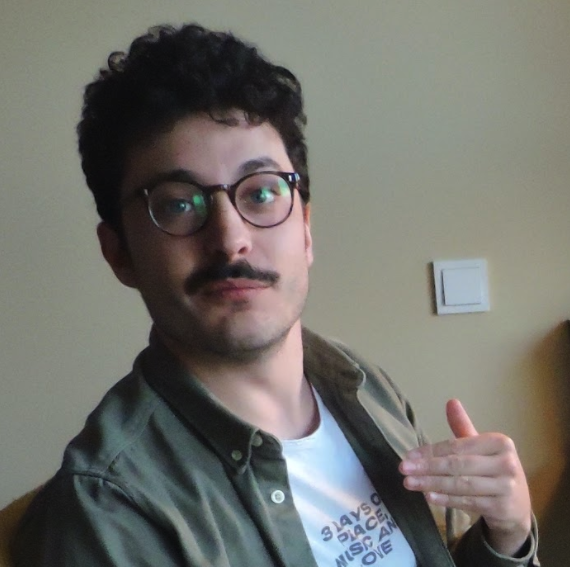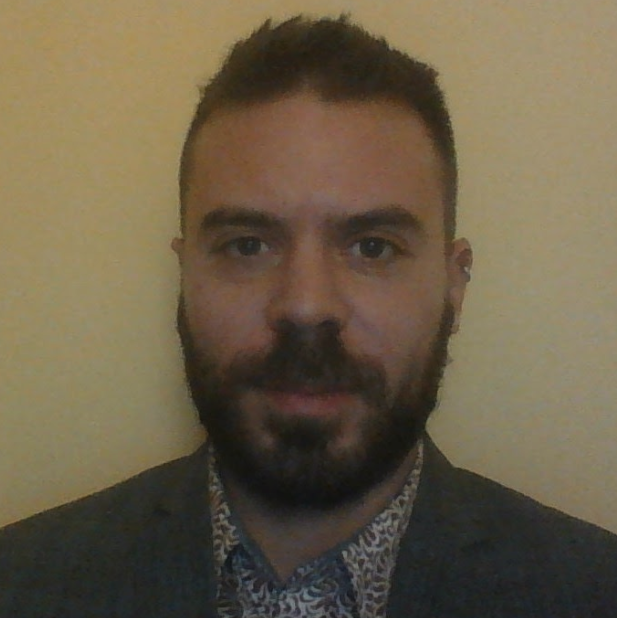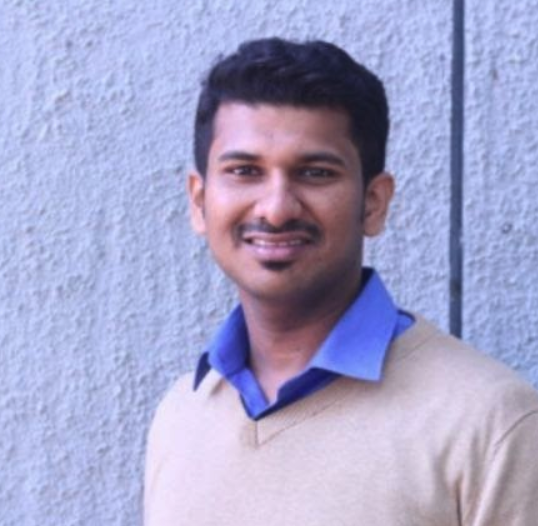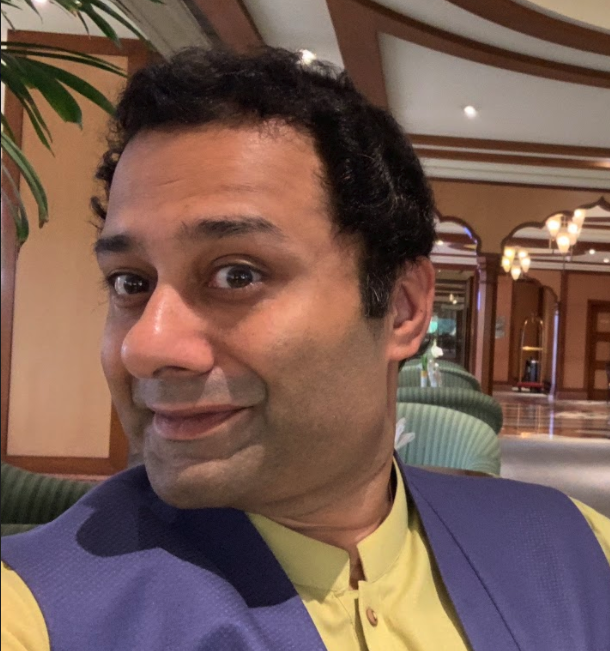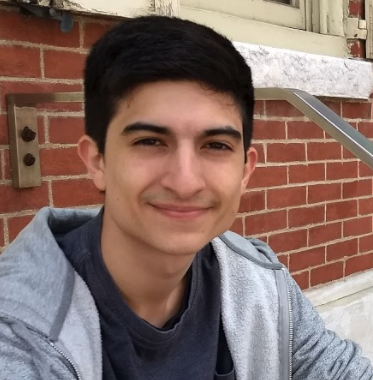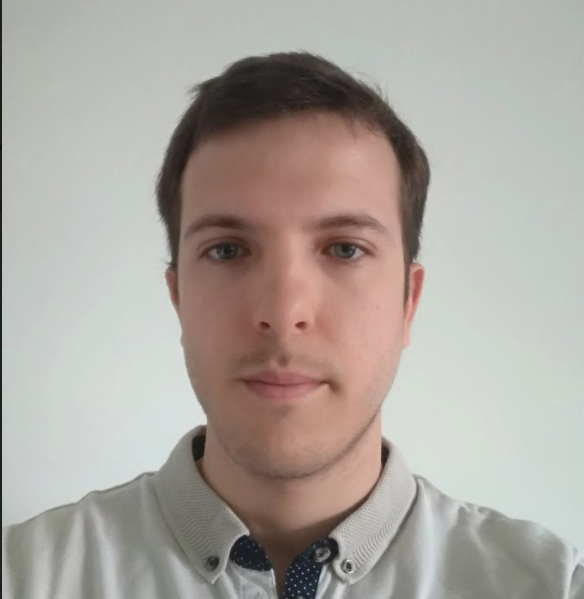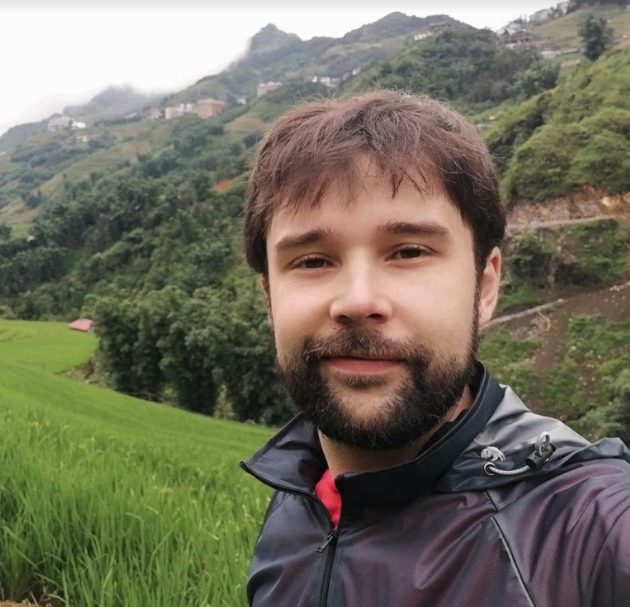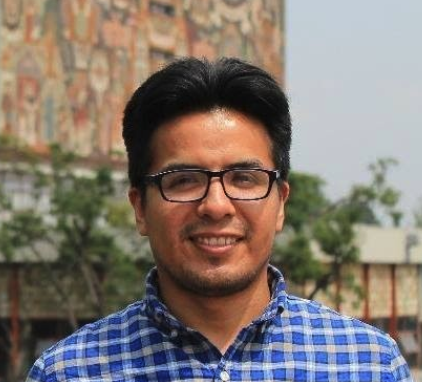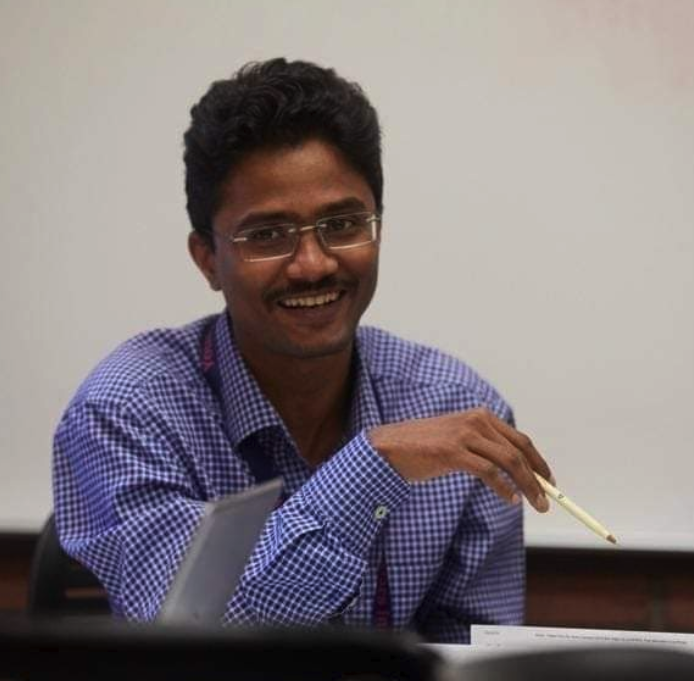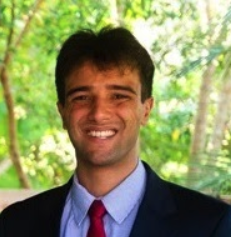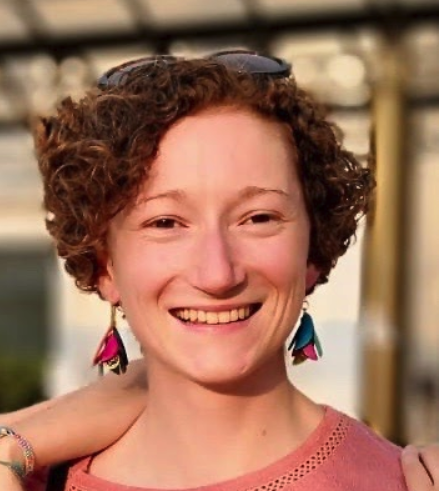In a profoundly invigorating keynote speech, Professor Jayati Ghosh, Chairperson of the Centre for Economic Studies and Planning at the of Jawaharlal Nehru University, urges young economists to to take initiative and transform their discipline. Outlining eight problems with the status quo, and providing five clear ways to combat them, she inspires the next generation of economists to forge alliances, gather strength, and most importantly: be bold.
By Jayati Ghosh | It’s truly a delight for me to be able to address the UNCTAD-YSI Summer School. This is not only because these are two groups that I have huge respect for and sympathy with. It’s also because the theme of this Summer School (“From the Transformation of Economics to Economic Transformation: Pathways to a Better Future”) is something very close to my heart, something I and some of my colleagues have been grappling with for decades. It’s really quite energising to realise that there are so many young people willing to engage in this project. So I am going to treat this as an opportunity for me to think through some of the concerns I have, in the hope that all of you are going to be the ones taking forward this transformation.
Mainstream economics, why do I not love thee? Let me count the ways.
First, a lot of it is simply wrong: that is, it is misleading about how economies work and the implications of economic policies and processes. For decades now, a significant and powerful lobby within the discipline has peddled half-truths and absolute falsehoods on many critical issues:
- how financial markets work and whether they are or can be “efficient” without regulation;
- the role and nature of fiscal policy and the implications of austerity;
- what impact the deregulation of labour markets and wages actually has on employment and unemployment;
- how patterns of international trade and investment affect livelihoods and possibilities of industrialisation and diversification;
- the distributive effects of different macroeconomic policies;
- the extent to which private investment responds positively (or not) to policy incentives like tax breaks and subsidies or negatively to increased government spending;
- the effects of multinational investment and global value chains on producers and consumers in particular countries;
- the ecological damage created by patterns of production and consumption;
- whether tighter intellectual property rights are really necessary to promote invention and innovation;
And so on—I could go on and on, these are just some of the more evident examples, and you can probably think of many more if you just take the time to do so. But if these are so wrong, why is this not widely known, and how are they so widely propagated? This is done through a fearsome combination of explicit and implicit controls within the discipline (which I will talk about) and without in the wider world through media and by imbuing policy circles with these mistaken notions.
Some of this comes from the second major problem I have with the discipline: too much of it is in the service of power.
And the power that it increasingly serves is that of large capital and its supporting states: effectively the power of kleptocracy, at national and international levels. Many of the theoretical premises and empirical investigations of mainstream economics are conducted in ways that either divert attention from more critical issues, or assume them away, and thereby produce “results” and associated policy recommendations that reinforce existing power structures and imbalances. Therefore notions of exploitation of labour by capital and the unsustainable exploitation of nature by forms of economic activity, of labour market segmentation by social categories that allows for differential exploitation of different types of workers, of the appropriation of value, of the abuse of market power and rent-seeking behaviour by large capital, of the use of political power to push economic interests including of cronies, of the distributive impact of fiscal and monetary policies—all these are swept aside, covered up and rarely brought out as the focus of analysis. The deep and continuing concerns with GDP as a measure of progress are similarly ignored, and despite the conceptual and methodological flaws in its calculation, it simply continues to be used as the basic indicator to track, just because it’s there. All these slights of hand occur at the global level with regard to the international economic and financial architecture; they happens within countries at the level of macroeconomic policies; and they are evident in a lot of microeconomic analysis and in the development industry that claims to focus on poverty reduction.
Once again, you will all be able to find many more examples of this tendency from your own study and experience—but the problem is that often these tendencies to reinforce underlying power imbalances are not immediately evident unless we actively look for them. They are reinforced because they are simply assumed away in the modelling and not accounted for in empirical analysis. And then the discussion on theoretical models or econometric results is shifted onto a purely technical arena, that moves away from their relevance to the actual world or their viability in explaining economic phenomena.
This is related to the third big problem: the tendency to underplay the significance of assumptions in deriving analytical results, and most of all in presenting those results to a wider audience especially in policy debates.
Talk to most mainstream theoretical economists, and they will tell you that they have moved far away from the early neoclassical assumptions like perfect competition, constant returns to scale, full employment, etc., which bear no relation to actual economic functioning anywhere. But these assumptions still persist in the models that are explicitly or implicitly used to undergird far too many policy prescriptions, whether on trade and industrial policies, or macroeconomic policies or “poverty reduction” strategies. These are what give rise to so many of the myths that the next sessions are going to debunk. But because they are repeated so constantly, and because this repetition is done not only by the media but by people in authority, they get taken as axiomatic.
For example, across the world, there were Finance Ministers and other leaders who took it for granted that a public debt level of more than 90 per cent would result in a financial crisis—even though the empirical research that supposedly generated that result was quickly exposed as deeply flawed to the point that the result not only contained spreadsheet errors, but also vanished completely if just one country’s data were removed. While on that topic, it’s interesting to note that many of the governments in advanced countries, which had earlier refused to entertain the possibility of larger fiscal deficits to deal with unemployment because they would add to public debt, completely changed track when confronted with the pandemic. Suddenly large deficits were okay and rising levels of public debt were not a problem—not because the economics of this had actually changed, but because large capital and even finance capital now found it to be necessary.
Being in the service of power requires the enforcement of strict power hierarchies within the discipline, and a system of marginalising and disincentivising alternative theories, explanations and analysis.
This gives rise to the fourth problem: the power structures within the profession that reinforce the dominant (mainstream) thinking, even—and possibly especially—when it is less relevant and applicable.
One way this works is through the tyranny of “top journals” and their gatekeepers. Academic jobs, as well as jobs as economists in other organisations, are dependent on the applicant’s publications; these publications are “ranked” according to the supposed quality of the journal they are in, in a system that openly and aggressively keeps out journals that publish articles from alternative perspectives; promotions and further success in the profession depend on these markers, which in turn continue to disincentivise those who would like to extend their analysis or break away from this mould. Certainly, for young economists, there’s no doubt that professional incentive structures are heavily loaded in favour of staying firmly within the mainstream.
The fifth problem could have emerged from this: because of these pressures and incentives, many of the brightest minds are diverted away from a genuine study of the economy, to try to understand its workings and their implications for people, into what can only be called trivial pursuits.
Too many so-called “top” academic journals contain esoteric models that provide additional “value” only by relaxing one small assumption or providing a slightly different econometric test of some earlier versions. Yet in most cases they leave out some critical aspects that would actually provide a better understanding of the economic reality, because it would make it harder to model or because it might generate inconvenient truths. Since economists mainly talk to each other (and then proselytise their findings among policy makers) they are rarely forced to interrogate this approach. Instead, at the “apex” of the discipline, the more mathematically sophisticated the approach, the better it is taken to be. So economic forces that are necessarily complex, muddied with the impact of many different variables and reflecting the effects of history, society and politics, cannot be studied while recognising all this complexity. Instead they have to be squeezed into a mould that will make them mathematically tractable, even if this means that they cease to have any resemblance to the actual economic reality. This has gone so far that even some of the most successful mainstream economists have railed against this tendency—but with little effect so far on the gatekeepers of the profession. Given the seriousness of the economic and other problems facing humanity, and the importance of developing economic analysis and strategies to confront them, this is probably much worse than Nero fiddling while Rome burnt; it amounts to spending the time looking for little pieces of tinder to fan the flames.
This lack of interest in other disciplines has meant a major and growing impoverishment of economics, leading to the sixth concern. The lack of a strong sense of history (which should imbue any current social and economic analysis) is a major drawback.
Recently it has become fashionable for economists to dabble in psychology, with the rise of behavioural economics and the “nudgers”. But this too is very often presented ahistorically and without a sense of the varying social and political contexts that affect how people actually behave and respond in particular circumstances. Over several decades, this also led to a shift in the discipline away from trying to understand evolutionary processes and macro tendencies to a focus on the particular, to microeconomic patterns and proclivities that effectively erase the background and context that shapes economic behaviour and responses. And of course, the underlying and deeply problematic underpinning of methodological individualism remains: it is unfortunately still taken for granted, because (unlike those who began the study of political economy) so few economists go anywhere near a philosophical assessment of their own approach and work.
The short-termism and indeed short-sightedness, not just of some economists but also of the discipline as a whole also deserves to be highlighted, as the seventh problem.
It is true that John Maynard Keynes famously said “in the long run we are all dead”, but he also thought about “economic possibilities for our grandchildren”. But most contemporary economists, despite paying some lip service to issues like climate change mainly because they have to, display hardly any concern for issues that stretch into the future. The most egregious example of this is the inadequate factoring in of ecological damage and climate change concerns into assessments of policy choices and future trajectories.
How can economists keep doing this, making such huge blunders and ignoring so much essential reality? Partly because of the eighth problem: arrogance.
Economics is a very arrogant discipline, even though this is completely unjustified. Most mainstream (and male) economists are especially and appallingly arrogant, whether consciously or unconsciously so, and are either openly or subtly into hierarchies. This arrogance is just one of the reasons that Claudia Sahm (the macroeconomist who formerly worked with the US Federal Reserve) declared that “economics is a disgrace”. There is a marked sense of superiority and unwillingness to engage with and learn from other areas of knowledge, especially other social sciences and humanities, which are brushed aside as “soft”. Several economists who have done so and thereby hugely enriched their own analysis and their contribution to broader economic insights, have been displaced from standard Economics departments and relegated to Sociology or Politics, joining the “second division” teams rather than the front runners of the discipline in terms of perception.
There is of course a strong machismo to all of this, and so it is no surprise that a macho ethos permeates the mainstream discipline, just as an atmosphere of clever aggression dominates a lot of mainstream economics conferences. Male domination (similar to chimpanzee societies) has very much been part of this as well, whereby males compete aggressively with one another but also bond together and gang up to dominate over females. Some strong young women with voice in the profession are just beginning to make inroads into this—and more power to them! —but the spread of patriarchy is still vast and deep. It’s not just machismo, of course: the adverse impact of relational power also affects other socially marginalised categories, whether according to class, race, ethnicity, language, and so on. And then there is the huge impact of location: the mainstream discipline is completely dominated by the North Atlantic, whether in terms of prestige, influence or the ability to determine the content and direction of what is globally accepted in the discipline. Just as an example, all the 84 prizes awarded by the Swedish Central Bank Prize in memory of Alfred Nobel (falsely called the Economics Nobel Prize) have gone to economists resident in the North, and essentially living and working in the US and Europe. The North Atlantic still dominates in publications and in setting the research and policy agenda. The enormous knowledge, insights and contributions to economic analysis that are made by economists located in the Global South are largely ignored, almost certainly by those in the North, but even (sadly) by economists in other parts of the South. There is an even worse tendency in development economics, of treating the South as the objects of study and policy action (with its economists often becoming glorified research assistants in international research projects), while “real” knowledge is supposedly created in the North and disseminated outwards.
And finally, there is the proclivity of economists to play God. In perhaps no other discipline is there so much power to engage in what can only be called social engineering, couched in technocratic terms so as to make it largely incomprehensible to ordinary people who are told and persuaded that rigid economic laws make particular economic strategies the only possible choice. Increasingly, this attitude verges on or collapses into the unethical. The recent craze in development economics personified by the randomistas exemplifies this. There has been a lot of valid outcry and disgust about some Randomised Control Trials being conducted (inevitably) on poor people in the developing world, that have involved cutting off water supply to see if that incentivises bill payments, or checking whether poor parents will send only their better performing children to school once they are informed about their results. Clearly, quite apart from the numerous methodological problems with such studies, this shows the extent to which at least some economists have completely lost moral compass, and the strong class/region forces at work whereby the poor, and especially those in developing countries, can be experimented on in this way. The rot goes beyond those conducting such studies, to the research funders, the international organisations, the editors of journals and the university teachers who put such studies into their course material.
But I want to remind you that while such RCTs and the underlying neo-colonial attitudes they carry are certainly objectionable and distasteful, that this is only the latest example of economists playing God, trying out their pet theories of what will make economic processes change, often regardless of the impact on human lives. Think of the shock therapy so blithely imposed on Eastern Europe and the former Soviet Union, and the human tragedies they generated as well as the oligarchies they ultimately gave rise to. Think of the structural adjustment measures in Africa that reduced public health spending and created systemic fragilities that cost so many lives in previous epidemics like Ebola and have rendered health systems completely unfit to deal with the current pandemic. You get the idea: this is not the first time that economists have played with the lives and livelihoods of masses of people, secure in the knowledge that there will be no impact on their own safely distant lives and no accountability for their prescriptions.
So here’s the thing—economics is too important for the present and future of humanity to be left in this appalling state.
It’s certainly true that economics is too important to be left to economists, and that greater genuine economic literacy is required through society to enable people to call the bluff on supposedly technocratic decisions that only favour particular groups. But even within the economics discipline, we simply cannot let one stream, which is currently unfortunately the mainstream, dominate and colour everyone else’ views on how economies work. Fortunately, this is not the only stream: and over the course of the next few days you will be exposed to some of the finest minds who have made important contributions in developing realistic and applicable analyses of economic phenomena. It’s sad that we still have to refer to them and to ourselves as “heterodox” and “non-mainstream”, but that only reflects the power imbalances in economics and in economies, that I have already talked about.
So how do we change all this?
At first sight it appears almost impossible: the structures are so entrenched; the vested interests are so strong; there is so much at stake for global capital and the ruling powers that they will most certainly resist efforts to change. Let me also be honest and admit to you that I speak to you from a position of relative failure, as someone who has tried for nearly four decades but without much success, to make a dent in this power structure and to change both the content and the direction of the economics discipline to a limited extent. The need for drastic change in the discipline has never been so drastic and so urgent. We are facing major existential crises as a species; the global economy was already limping and fragile and is now effectively devastated by the latest blow of the pandemic; environmental threats are already translating into awful reality; inequalities that seemed impossibly large have grown even more, creating societies that will soon become dysfunctional to the point of becoming unliveable. All this requires urgent, major economic action. Yet mainstream economics persists in doing business as usual, as if tinkering at the margins with minor changes will have an impact on these fundamental problems.
The good news is that there are apparently winds of change blowing. The world— and the world economy—may be in an unbelievable mess, but we have more economists, especially young economists, recognising this and thinking about how to avert the immediate dangers and transform the future. There are movements that have been led by students, demanding that the discipline and the pedagogy change, like Post Autistic Economics that transformed into Real World Economics. There are hundreds of you who have registered for the Summer School from across the world, suggesting that there is a real intellectual hunger for change. The Young Scholars Initiative and similar groups have huge potential, and I’m hoping that many of you who are based in developing countries will also get more involved in International Development Economics Associates (IDEAs) to take that network forward in raising the voice and enabling exchange between economists based in the Global South.
It’s clear from my earlier interactions with YSI and some young dynamic economists who are at the forefront of these movements, that you don’t really need advice from people like me. Nevertheless, let me offer whatever little insight I have gleaned from my years of trying to do this.
First, something I think you all already know: diversity matters.
Diversity of gender, of race, of class background, of ethnicity and so on: these are essential to enrich the discipline and have now been widely commented on. Currently there is a raging discussion on social media about this, with expected pushback from those accustomed to their privileged positions. But there is also the aspect that is often overlooked, diversity of location, which I mentioned and which is also necessary for enriching the discipline. So I request all of you, in your own work, search out readings by scholars and economists from different parts of the world, even if your teachers have not made you aware of them. Fortunately, the internet now makes this much more possible than ever before. Be mindful of whom you quote or refer to when writing up your research. Don’t look only for “empirical validation” from Southern economists while taking your theoretical knowledge from the North: many economists based in the developing world have made far more insightful and profound contributions to economic understanding, even if they have not found a place in the so-called “top” journals and rarely find their way into reading lists.
Second, remember to be respectful of diversity of approaches, which is really what being “heterodox” is all about.
Recently there has been some discussion about whether this is a useful term at all, and a tendency to be slightly shamefaced about it, which I believe is completely misplaced. To me, a heterodox approach is defined by pluralism, which means that I may adopt a particular theoretical framework to understand how the economy works, but I should be willing to learn from other different approaches. The whole point is that we should be willing to engage with diverse perspectives and draw insights from one another without getting locked into sectarian squabbles. This doesn’t mean that we can’t have arguments, which are of course essential; only that we should try to be as inclusive as possible and encourage diversity in as many ways as possible.
Third, —and this is really important—don’t let identity substitute for analysis.
It’s essential to hold ourselves and our work to the highest standards of rigour and careful, systematic research. This rigour need not be mathematical, but it must be logical, and it must be empirically grounded and aware of history.
Fourth, don’t be too purist and don’t obsess about classifying everyone into their own little methodological boxes.
Try to make allies, across other disciplines, in wider society and also among mainstream economists who are beginning to see its limitations. In searching for and finding allies, it’s also necessary to make ourselves easily comprehensible as well, and not create a miasma of verbiage or formulas that can obscure the argument. In this regard, I have a simple “grandmother rule” for my students: you can be as complicated, nuanced and sophisticated as you like in your work, but ultimately you must be able to state your basic argument in words comprehensible to your grandmother (who is usually a very smart woman, even if she is not as educated in economics). Try it: it’s not as easy as it sounds.
Finally, be bold!
Don’t be afraid to ask awkward questions of anyone, don’t let anyone slap you down using the well-worn techniques of the socially powerful, don’t be intimidated by institutional hierarchies and power structures. The more fearless you are, the more you accomplish; and the more other people whom you can persuade to be fearless with you, the more unstoppable you will be. And also, I think, the more fun the whole process will be.
So here’s hoping that you will indeed be unstoppable and that this Summer School becomes another step in forging alliances and gathering strength to transform the discipline of economics and make it once more the moral yet worldly philosophy it was originally intended to be.
About UNCTAD | UNCTAD is a permanent intergovernmental body established by the United Nations General Assembly in 1964. The organization is governed by its 194 member States and is the United Nations body responsible for dealing with economic and sustainable development issues with a focus on trade, finance, investment and technology. It helps developing countriesto participate equitably in the global economy. UNCTAD carries out economic research, produces innovative analyses and makes policy recommendations to support government decision-making.
UNCTAD YSI Summer School | Entitled “From the Transformation of Economics to Economic Transformation: Pathways to a Better Future”, this year’s summer school took place from August 15-23,2020. It’s aim is to connect the intellectual challenge of rethinking economic analysis to the practical challenge of building a healthier, more resilient, more equal and greener future for all.
